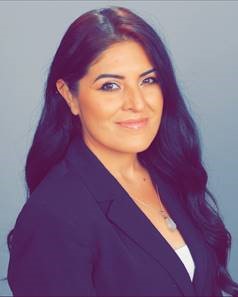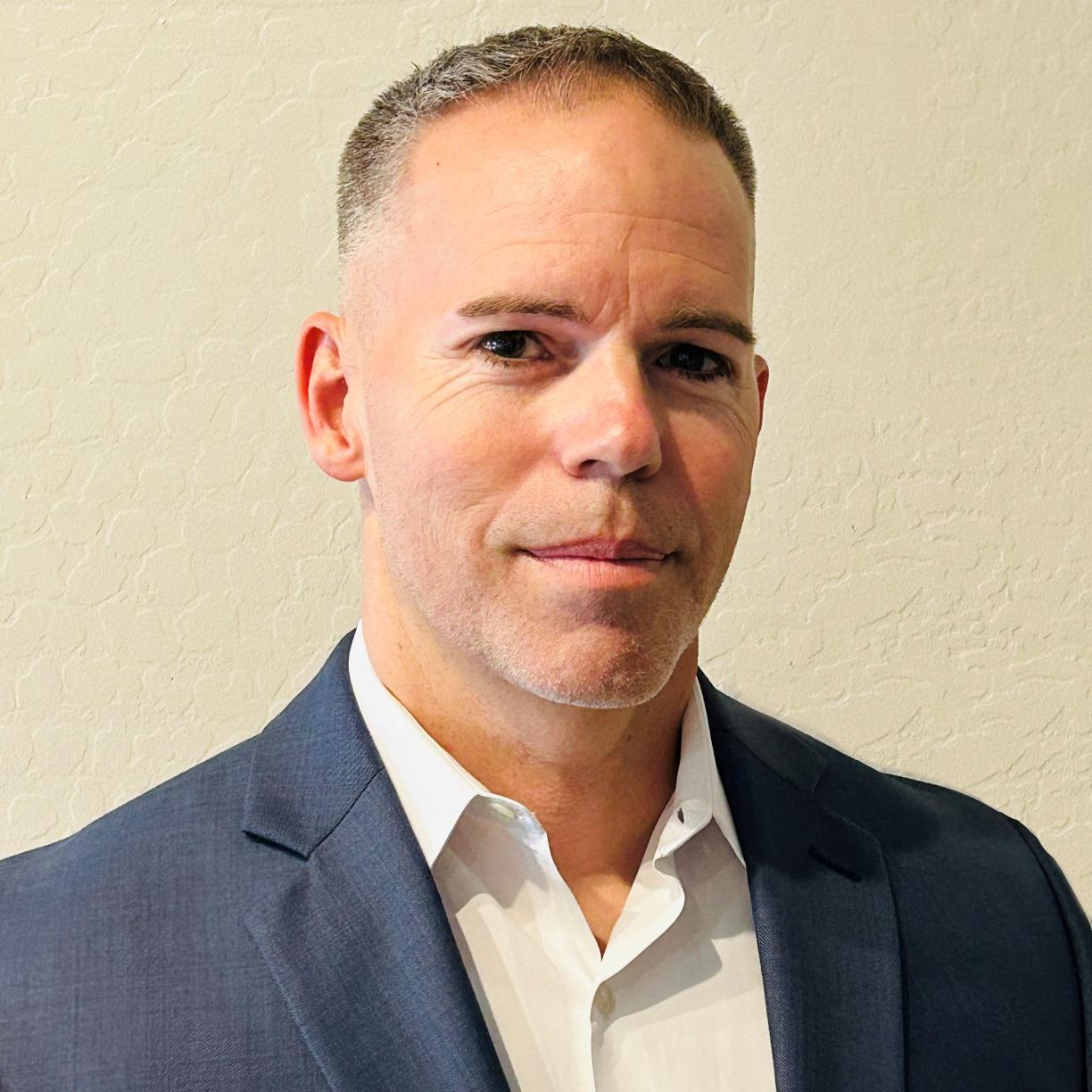
Ivey Lopez


Individuals certified by the CFP® board have taken the extra step to demonstrate commitment and professionalism by voluntarily submitting to the rigorous CFP® certification process that includes demanding education, examination, experience, and ethical requirements. These four cornerstones set the foundation for the CFP® professional's ability in helping clients achieve their goals. James Vallery's diverse skillsets can help clients navigate the complicated financial factors in their life. See below for more information about the CFP® designation and how I can help.
Education
The CFP® professional must develop theoretical and practical financial planning knowledge by completing 2 to 3 years of comprehensive coursework at an institution of higher learning approved by the CFP® Board. Once obtaining the CFP® trademark, their education does not stop, as continued education is part of the recertification process.
Examination
The CFP® professional must pass the 7 hour comprehensive Certification Exam, which tests abilities to apply financial planning knowledge to real-life situations. The exam covers the financial planning process, tax planning, employee benefits, retirement planning, estate planning, investment management, and insurance.
Experience
All CFP® professionals are required to complete several years of experience related to financial planning services prior to earning the right to use the CFP® trademark.
Ethics
The CFP® professional is obligated to uphold the principles of integrity, objectivity, competence, fairness, confidentiality, professionalism, and diligence as outlined in the CFP® Board's Code of Ethics. The rules of conduct require the CFP® professional to put their client's interest first above all else.
